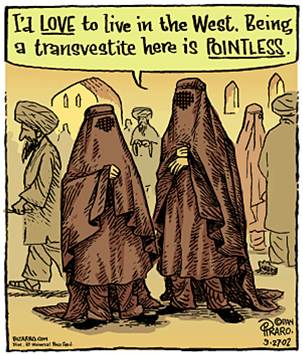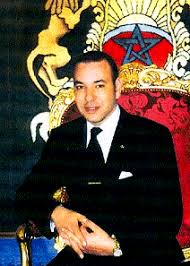 Raytheon Company
Raytheon CompanyPosition: Technical English Language Instructor
Salary: $40,000 to less than $60,000
Location: Multiple locations
Raytheon Company, with 2007 sales of $21.3 billion, is a technology leader specializing in defense, homeland security and other US government markets throughout the world. With a history of innovation spanning more than 85 years, Raytheon provides state-of-the-art electronics, mission systems integration and other capabilities in the areas of sensing; effects; and command, control, communications and intelligence systems, as well as a broad range of mission support services. With headquarters in Waltham, Mass., Raytheon employs 72,000 people worldwide.
Raytheon Middle East Systems (RAYMES): RAYMES currently provides the Royal Saudi Air Defense Forces (RSADF) a wide variety of support in areas such as program management, technical services, training, and logistics.The Royal Saudi Air Defense Force Institute, located in the cosmopolitan city of Jeddah has emerged as the most leading edge, dynamic, forward-looking ELT programs in Saudi Arabia integrating the latest technology, methods and materials to implement a unique, customer-driven curriculum. The rapidly evolving program is seeking the next generation of ESL/ESP specialists who are creative classroom teachers, team builders and innovators in curriculum development, multimedia language learning, and testing to continuing driving our program forward.
Technical English Language Instructor - Technical Librarian II
Job Description: Teaches English as a Second Language to Royal Saudi Air Defense Forces (RSADF) personnel and cadets in a classroom environment.
The individual will conduct English Language classes and labs in accordance with the established Program of Instruction (POI) and review progress of assigned class or students. The individual will administer and evaluate tests and examinations, submit attendance and grade reports, prepare materials and reports, and counsel students as necessary. The position also includes participation in scheduled functions, training seminars, meetings, orientations, visits, and performs other related duties as required or directed.
All offers are contingent on the candidate’s ability to meet requirements for a Saudi Arabia WORK VISA. Depending upon the location, the candidate may be required to pass additional medical test, credit checks, and/or other requirements. These additional items are required for the company to comply with the various laws and regulatory rules.
Basic Qualifications:· Bachelor’s Degree with at least four (4) years of formal experience teaching English is required if the instructor has a Bachelor’s Degree or one (1) year of formal experience teaching English if the instructor has a Master’s Degree in English as a second/foreign language, Education, Language or Linguistics.
· Must have practical knowledge of methods used for teaching English as a second/foreign language.
Desired Qualifications:
· Familiarity with CALL and Multimedia teaching/learning environment preferred.
· Background in English for Specific Purposes and Technical English.
· HTML-based multimedia materials writing, PowerPoint lessons, and SmartBoard(tm) use.
· Experience in teaching all levels of students.
· Familiar with Interactions Access or DLI Curriculum.
Raytheon provides secure housing, fully furnished with amenities including basic cable and internet; on site recreation center with restaurant, convenience store, bowling alley, swimming pool, gym, library, and IT lab; company transportation and beach access to the Red Sea. Raytheon offers highly competitive salaries, full medical, generous holiday package, round trip airfare, relocation and storage allowances, performance sharing, signing and contract completion bonuses, company 401k plan, COLA, and other salary perks.
Raytheon is an equal opportunity employer and considers qualified applicants for employment without regard to race, color, creed, religion, national origin, sex, sexual orientation, gender identity and expression, age, disability, or Vietnam era, or other eligible veteran status, or any other protected factor.
Job code: IDS112617
E-mail : JohnL@raytheon.com
Web Site : www.rayjobs.com
John L’Ecuyer
Training and Technical Support Analyst
RAYMES
Raytheon
880 Technology Park Dr
Billerica, MA 01821
USA





























